"Sets Are Such Weird Places": Aya Cash on the Meta Experience of Filming HBO's The Franchise
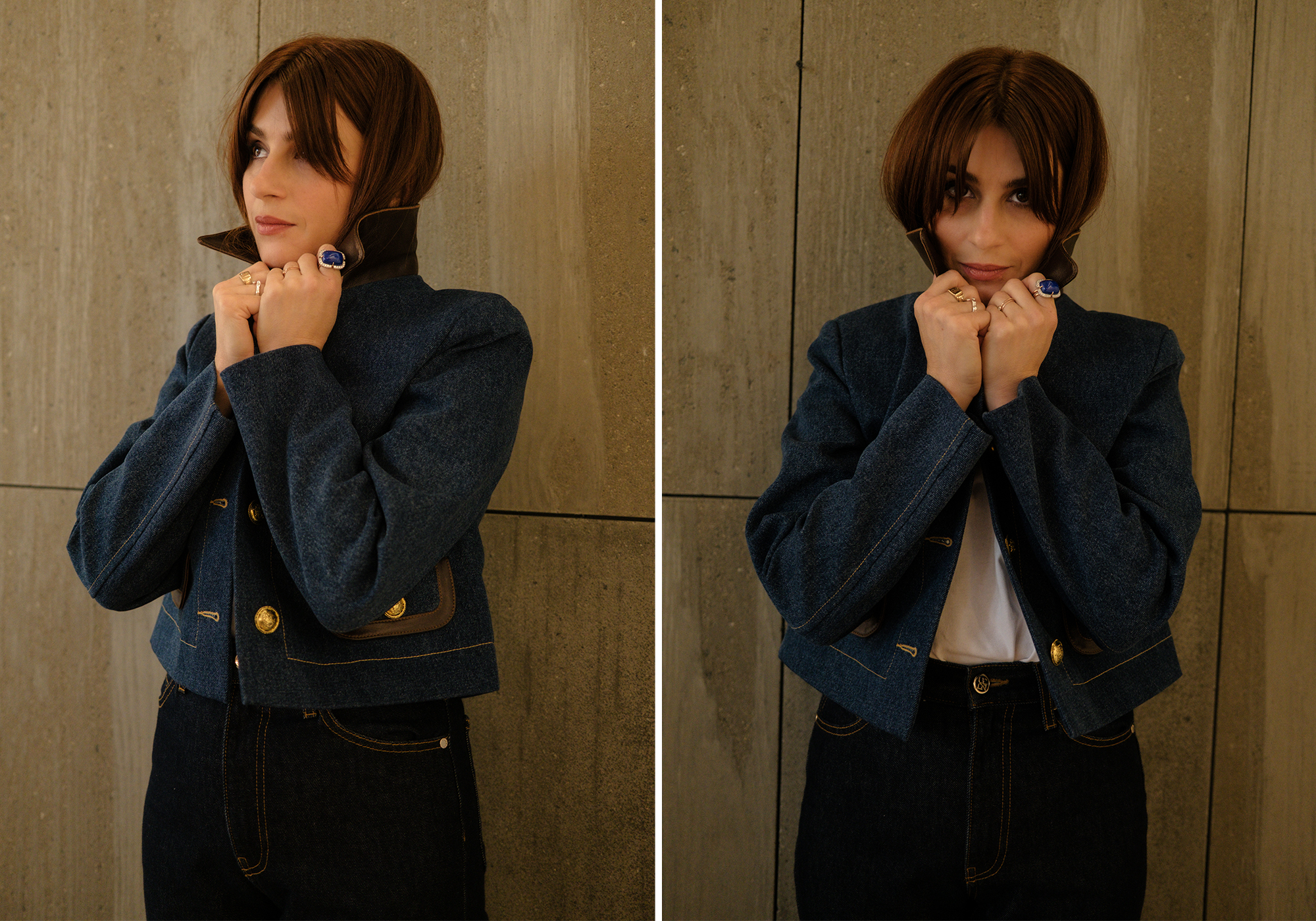
Satirical workplace comedies have taken us inside the mundane yet relatable worlds of a paper wholesale company, a parks and recreation department, a Brooklyn precinct, and a Philadelphia public school. HBO's latest series The Franchise dares to go where no workplace comedy has gone before: a Hollywood set—a big-budget superhero franchise set to be exact.
The Franchise feels apropos at a time when major studios like Marvel and DC are struggling to find success with tired reboots and convoluted multiverses. Perhaps what's more interesting and entertaining is what's happening behind the scenes—constant rewrites, directors getting fired, and actor antics—rather than in front of it. At least, that's what Jon Brown (Succession), Armando Iannucci (Veep), and Sam Mendes (1917) had in mind when creating the witty comedy.
It's those very names with esteemed filmmaking backgrounds that attracted actress Aya Cash (The Boys and You're the Worst) to the project. With little to nothing by way of script to read early on, she simply had to trust that they would deliver (which they do) and be ready for anything, like having her character be written the day before filming started. Cash plays Anita, an ambitious newbie producer who is brought in to replace her fired predecessor and finds herself on a flailing set with her ex-boyfriend. Anita is caught between a rock and a hard place. While trying to find her voice in a male-dominated space, she is tasked with righting a sinking ship while juggling the vastly different goals of the executives and creatives.
Having worked in the business for over 20 years, Cash is no stranger to crazy sets and the sometimes dysfunctional nature of Hollywood—it's par for the course. But like Anita, she knows the key to survival is always being flexible.
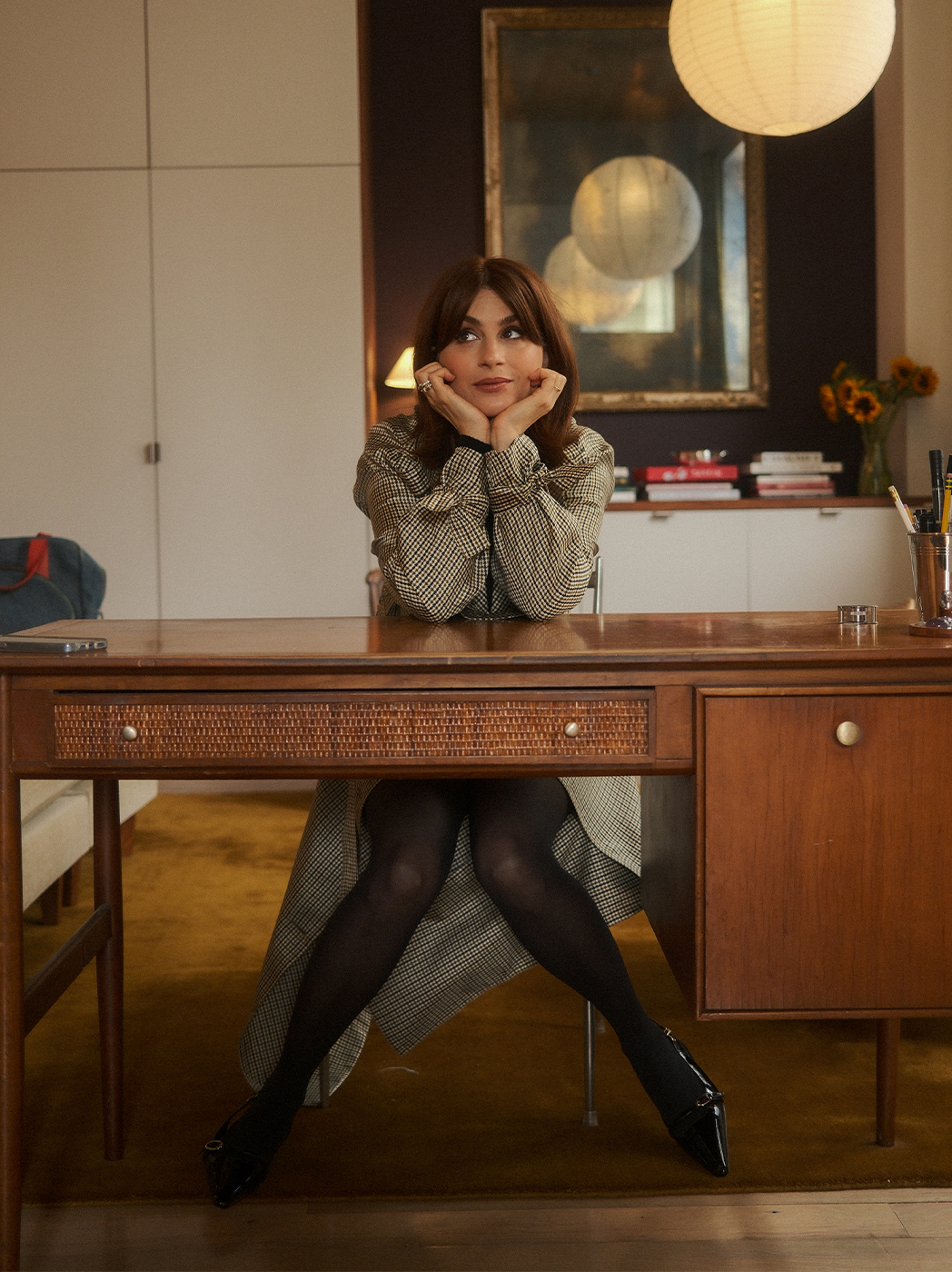
What about The Franchise really appealed to you right off the bat?
I mean, it's pretty easy. It's a bunch of names: Armando Iannucci, Jon Brown, Sam Mendes. I actually wasn't allowed to read the script until I got the job, so I really had to go based on those names and what a big fan I was. I auditioned with a big, long monologue that doesn't exist, so I really had to trust that they would deliver, which, obviously, I believed they would.
I don't even think I've said this in the press, but they rewrote the whole character the day before we started shooting. We did table reads, and then things shifted very drastically the day before we started shooting. I was the last character to be written. Everyone else had been written and cast, and then Himesh [Patel] and I came on late. My role was entirely new, and they were still trying to figure it out, so it was like, "Okay, who is she, what is she doing, and all that." … [It was] kind of fun, too, because it feels like I got to create this full character in my brain, whether or not you see all of that on camera.
How was that for you, having to develop Anita so quickly?
Lots of trust. It shows you just how much film and TV is a writer's medium, and that's why I always go toward writers and am really interested in working with great writers. … It's their medium, and I think that's what's interesting about this show. You see that the actors are such a small piece of it, and that's the truth. You come in, and it's your job to adapt to whatever game is being played. You can't show up ready for Twister when you're actually playing chess. Especially in TV, it's the writer's world, and you come in and go, "Okay, what game are we playing? Am I word perfect? Am I improvising?" I had a lot of trust in Jon and all the writers on [this show]. Rachel Axler, who is a writer on it, I had actually done workshops of her plays 10 years ago, so that's always helpful.
Flexibility is key as an actor.
Yeah, and be game!
You have been in this business for a long time, so I'm sure you've seen some crazy things. I'm curious—were there any storylines in the show that really shocked you?
Honestly, most of it is not shocking to me because you get desensitized to it. Sets are such weird places, and such craziness happens. You get used to being walked to the bathroom and having someone listen to you pee outside. It's a really strange workplace. Nothing really shocked me, but I think what was the most interesting to me was the franchisey elements of there [being] multiple movies going on at once, and somebody stole this person, and you can't have this person. Now, you have to rewrite this role because it's a different role. That feels a little more foreign to me, but I would say that feels just mean. How do you keep up with that? That's the lesson in flexibility of the writers—everyone has to be flexible in a totally different way.
There's a meta aspect to this, in that you are making a show about making a movie. Did you utilize your own producers on this show and/or personal experience to inform certain character choices for Anita?
Definitely. Jim Kleverweis and Julie Pastor were the two producers who I talked to the most. I talked to Jim specifically about producing and his job, and he took me on a long walk and really went over things with me. I have so much respect for Julie Pastor, and she does it better than Anita, but she's able to show up and be like, "Okay, this is how it is. This is what we're doing." She would always come in and have a smile on her face and a great attitude, and you'd feel like everything was going to be okay because Julie wasn't flustered. I never saw her flustered, which is amazing. You see Anita a lot more flustered.
As this character was being built out in real time, what aspects of Anita did you really enjoy exploring and diving deeper into?
We all play roles in our lives. We're different people in different situations. Her role at work is very complicated, and she's got to come in with a very masculine energy to this traditionally masculine space. She's coming in and trying to be powerful in this very traditional, masculine way, and it's not always working. She's realizing she has to soften at some points, and maybe a little more of her genuine self comes out because she can't just perform this power. It's not working the way it works for maybe like a Pat character. She's got to change things up, and I think that's really interesting. I think about when I've played a lawyer or someone else who is in the public eye in a certain sense. There's a performance that's happening on top of your performance, which is fascinating. I think Anita has a little bit of that. Anita is performing something that she thinks she needs to do, and you see that keep slipping throughout the series.
I'd love to talk about the wardrobe direction for Anita and the conversations you had with the costume department about how she would dress for the role she's in.
We had different costume designers for the pilot and the rest of the series. I think she wasn't available for the rest of the series, so then Sinéad [Kidao] came on. I mostly worked with Sinéad, but in the pilot, there was this idea of you see [Anita] very briefly, so how do you make a big impact with this red cape [she is wearing]? … She doesn't really look like she makes sense on a set in some way. She looks other, but that's, again, performance.
She's in debt from a shopping problem. This is a backstory that's no longer in the show, but you'll actually see in some scenes there are extra boxes in places because she's getting stuff delivered from like Net-a-Porter. She's constantly shopping online. This is the thing you don't see but what I was playing. She has this shopping problem, and she's spending a lot of money on these clothes, but then when she gets to set and sort of comes to play, they went more for like an Amy Gravitt type, who is one of the HBO executives and who is really beautifully dressed. I thought Sinéad did such an incredible job. Amy has incredible style, and there is no big label and no showing off. She's just a very chic person, and that's such a hard thing to pull off in film and TV. Yeah, some of those coats cost more than SAG minimum.
Also, Sinéad was really open to collaboration. I went to France, and I discovered this tiny brand called Bourgine and was like, "We should use some of their stuff in the show." We got a little striped vest in there, just some subtle layers. I'm a big small-brand, secondhand person, so when I found a little shop in Paris that makes all their own clothes, I was like, "It would be great to have them on the show in some way."
Is this something you've done with other characters?
I love clothes. I love delightful things, and I love vintage and thrifting and all of that stuff. When I do an indie movie, you often have to bring half of your wardrobe because they just don't have the budget, so I'm constantly bringing clothes. Even for the pilot [of The Franchise], there was this beautiful Bonnie Cashin coat that I had that was bright yellow that we almost used instead of the red [cape], but it didn't get chosen. Some people are open to it, and some people aren't. It's just about being like, "Cool, if you're not open to it, no big deal. If you are, I would love to be a resource and help out."
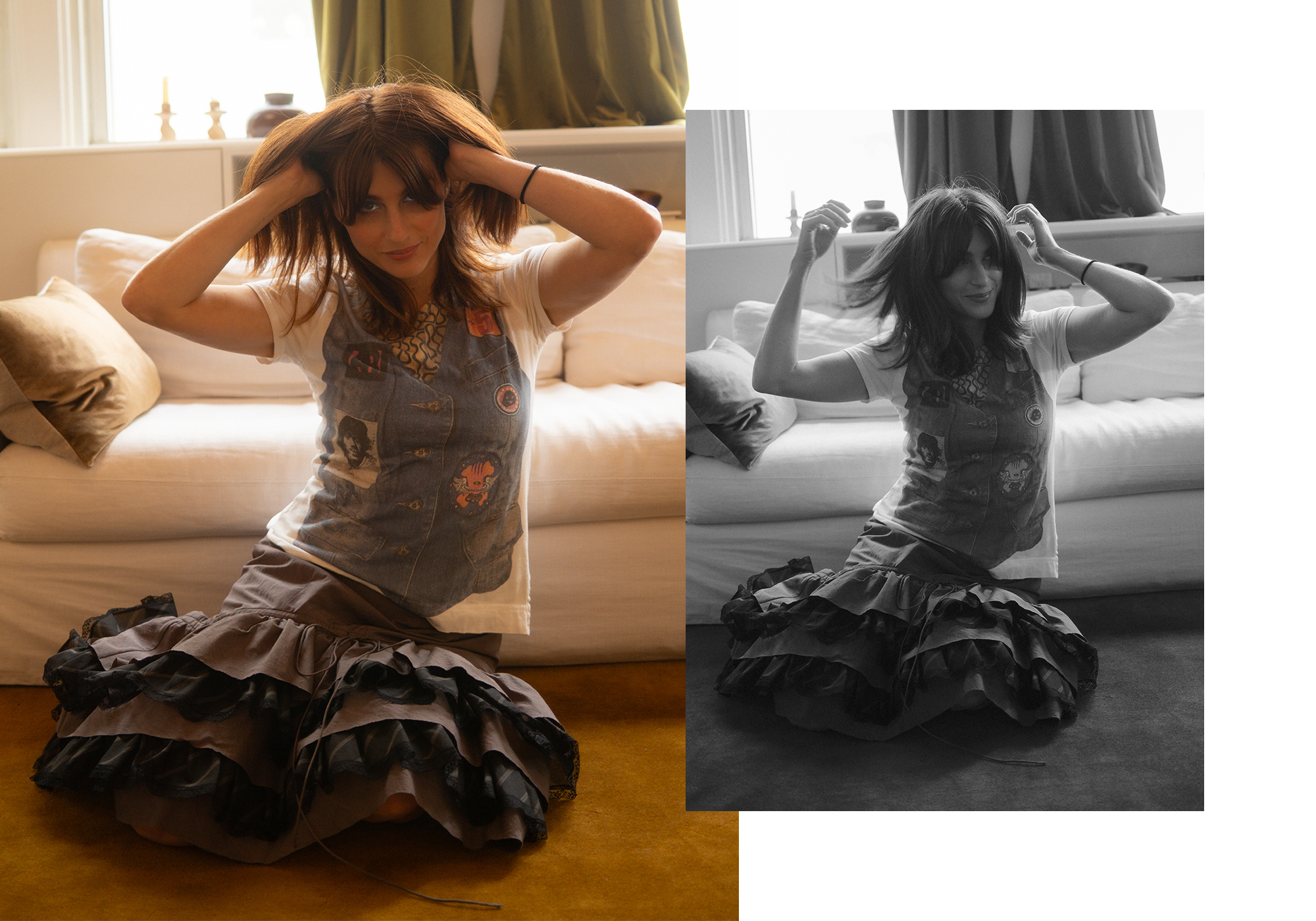
The actors in The Franchise are constantly being put through these extreme scenarios. What is the craziest thing you've done for a role?
There's a video of me out there somewhere, hopefully deleted at this point. I auditioned for a movie, and it was supposed to be a chemistry read with Jason Segel, but I couldn't go because I was in a play. This was many years ago. I printed out a lot of photos of Jason Segel and made out with them, and I think I ate one. We were supposed to be on drugs in the scene. I did not hear feedback on that. I just got a big fat no. That's pretty humiliating. I've taken some big swings.
When you leave an audition or send in a tape, do you have a pretty good sense of whether you really nailed it or not?
I never feel like I nailed it. Although, I do have to say I felt pretty good about my audition for The Franchise. I've only booked two self-tapes in my entire life out of hundreds and hundreds. I would much rather be in person. I could go on a whole rant, which we won't do because it's not the place, but how are young people being developed in this business? If you are not sitting in a room with them, you're watching five seconds of a tape. The 10 minutes that it takes to audition, sometimes, that's a life-changing relational experience. My entire career is casting directors who I auditioned for over and over again in person, and then they remembered me. It's just so sad we don't get in the rooms anymore. I used to feel like I nailed it in a room because you can tell. It's a feeling, an alchemy that happens in a room, and you're like, "Oh, I got this" or "Maybe I didn't get it, but I did a great job and had a real interaction with somebody." But the tapes, I'm like, "This will just go into a dark void, and nothing will happen."
Real talk: Having worked on The Franchise and knowing the chaos that can happen on these massive sets, do you have any interest in doing a superhero franchise?
Sure. Good work happens everywhere, so I don't feel snooty about it at all. I think there are incredible versions of that. There have been some really bad versions that have taken a lot of attention recently, and … yeah, you can't make things cynically. There has to be some sort of true excitement and belief in storytelling and in creativity, and when it's just a money grab, you can feel it—unless the money is going to me and then I hope you can feel it. I do think there is great stuff everywhere. I can't wait for season two of Andor. That Star Wars universe, for example, is so interesting and so well-done from the acting and art directing, everything. You're like, "Oh my god, how many Star Wars stories can we do?" There is plenty of opportunity when you have interesting people doing stuff, even if it's in a certain genre. I love the X-Men [franchise]. Iron Man feels like what started it all. You can have Robert Downey Jr., who is brilliant and hilarious, and brilliant writing—there are ways to do it.
You are a producer on the new The Boys spinoff series, Vought Rising. Has your role in The Franchise shifted your perspective or thinking about the producer role at all?
You know, it's funny. They give actors producer credits, and it can be very much a vanity shingle, which let's see [for Vought Rising]. In some ways, I get that, so I'm not going to have the final say on anything The Boys. That is Paul Grellong and Eric Kripke's baby, and I have total respect for that. But I feel empowered too. I love casting, I love throwing out names of people, and they have been super respectful about looking at people who I have been excited to share with them in that way. Basically, I'm getting to [do] all the fun stuff without a ton of power, but I don't have to deal with the real gnarly stuff like Anita does. I guess I have more empathy for the producers who are doing more of the day-to-day stuff.
Speaking of Vought Rising, what can you tell us about that project at this time?
I can't tell you much. I hope it's going to be great, and so far, what I've read is great. I have so much trust in these people and what they're doing and how they're going about it that I feel really good. Also, I'm excited about it because the thing I've wanted to do is a period piece, and now, I get to do it in weird superhero fashion.
Catch up on The Franchise—now streaming on HBO.
Photographer: Griff Lipson
Stylist: Margaret Galvin
Makeup Artist: Gita Bass
Jessica Baker is Who What Wear’s Executive Director, Entertainment, where she ideates, books, writes, and edits celebrity and entertainment features.
-
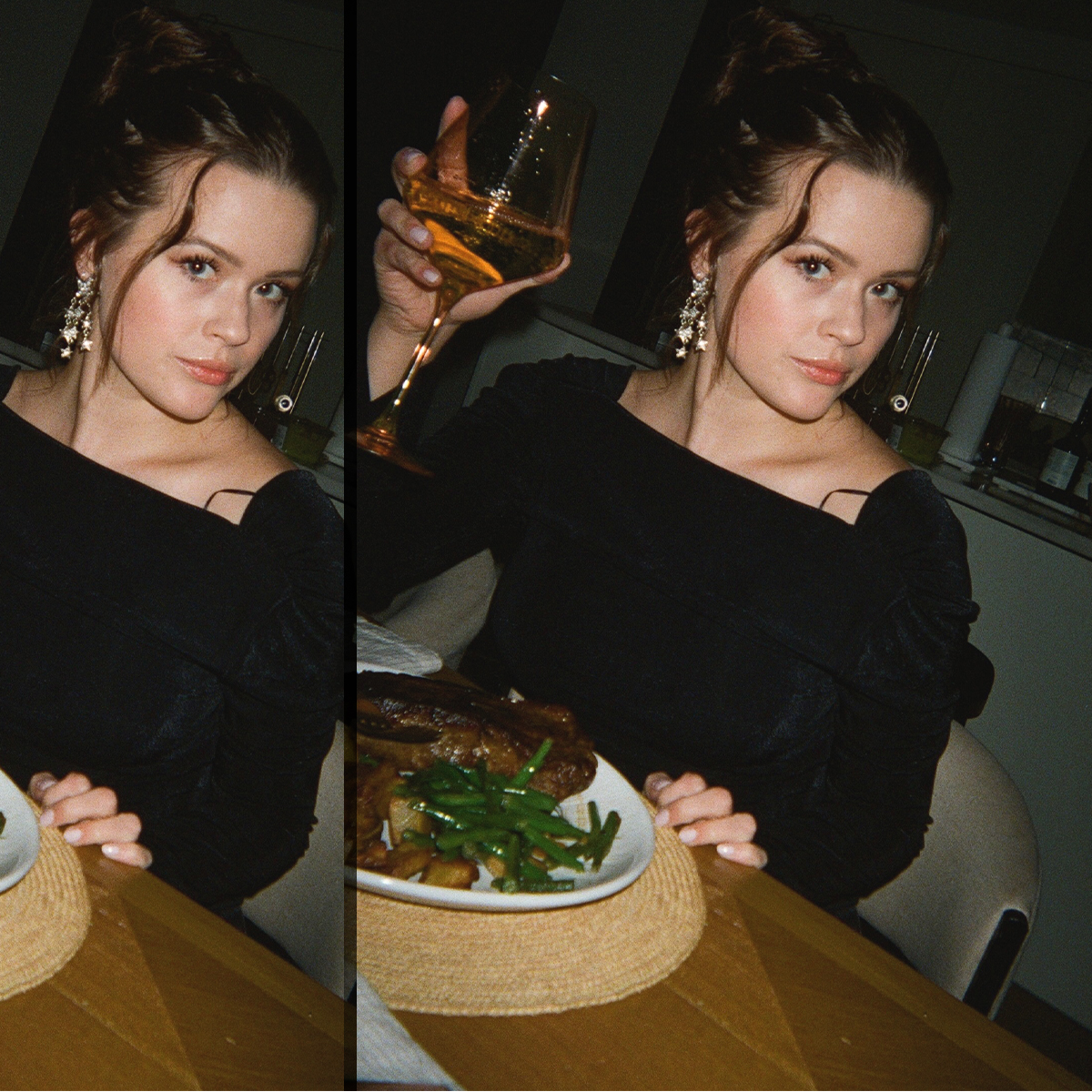 Ava Phillippe on Her "Fantasy" Brunette Era and the $12 Lip Stain She Bought After Billie Eilish
Ava Phillippe on Her "Fantasy" Brunette Era and the $12 Lip Stain She Bought After Billie EilishRead our Unfiltered chat.
By Jamie Schneider
-
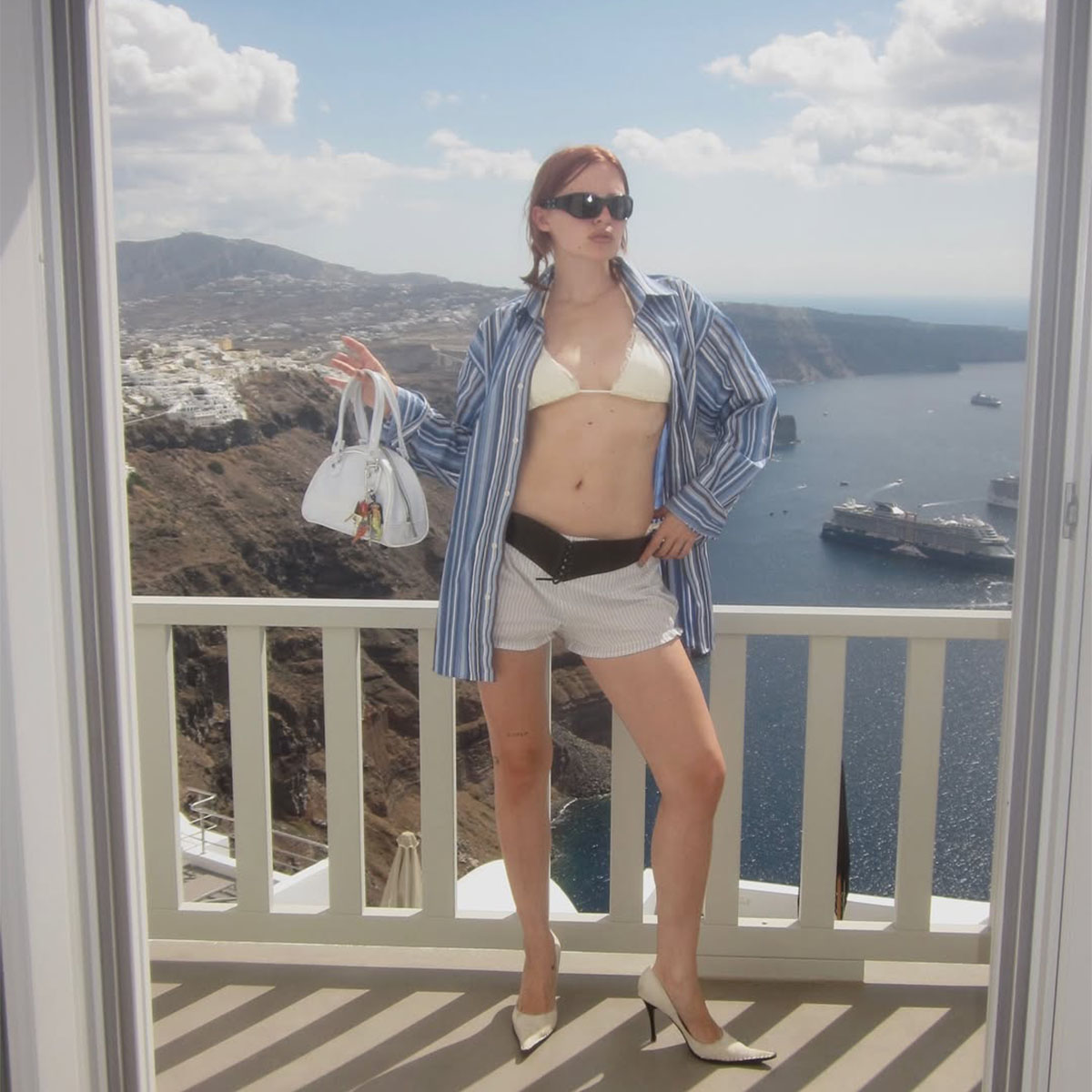 I'm an NYC-Based Shopping Editor, and I Always Shop My Favorite Emerging Brands at This One Cool Retailer—See My Picks
I'm an NYC-Based Shopping Editor, and I Always Shop My Favorite Emerging Brands at This One Cool Retailer—See My Picks"It's pronounced essence."
By Audry Hiaoui
-
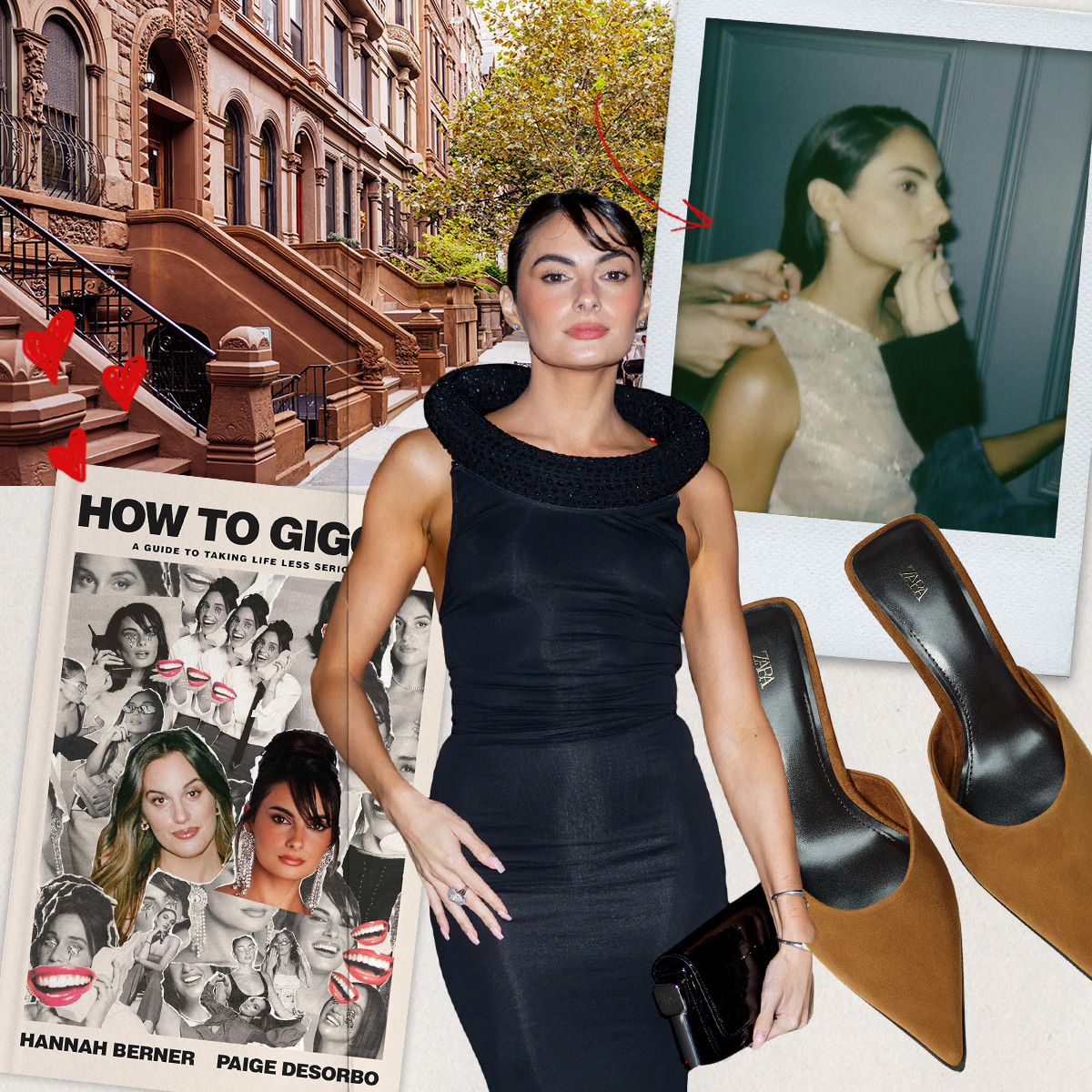 Paige DeSorbo's World: Her New Book, Favorite Zara Item, and What She Loves in Her Dream Apartment
Paige DeSorbo's World: Her New Book, Favorite Zara Item, and What She Loves in Her Dream ApartmentEverything going on in this It girl's universe.
By Bobby Schuessler
-
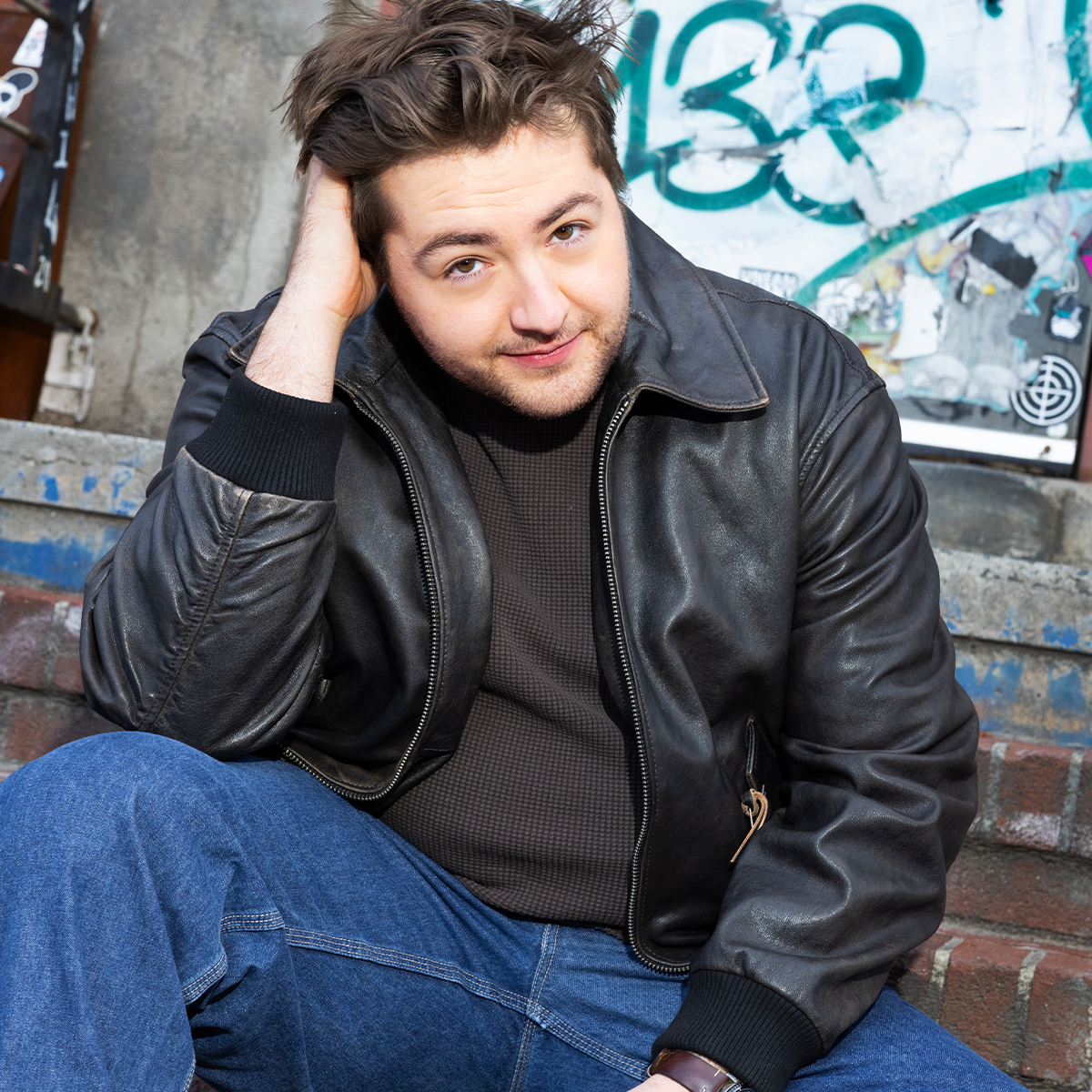 Michael Gandolfini Is Right on Time
Michael Gandolfini Is Right on TimeWith the anticipated finale of Daredevil: Born Again and A24's Warfare, the actor strikes a high note this month.
By Jessica Baker
-
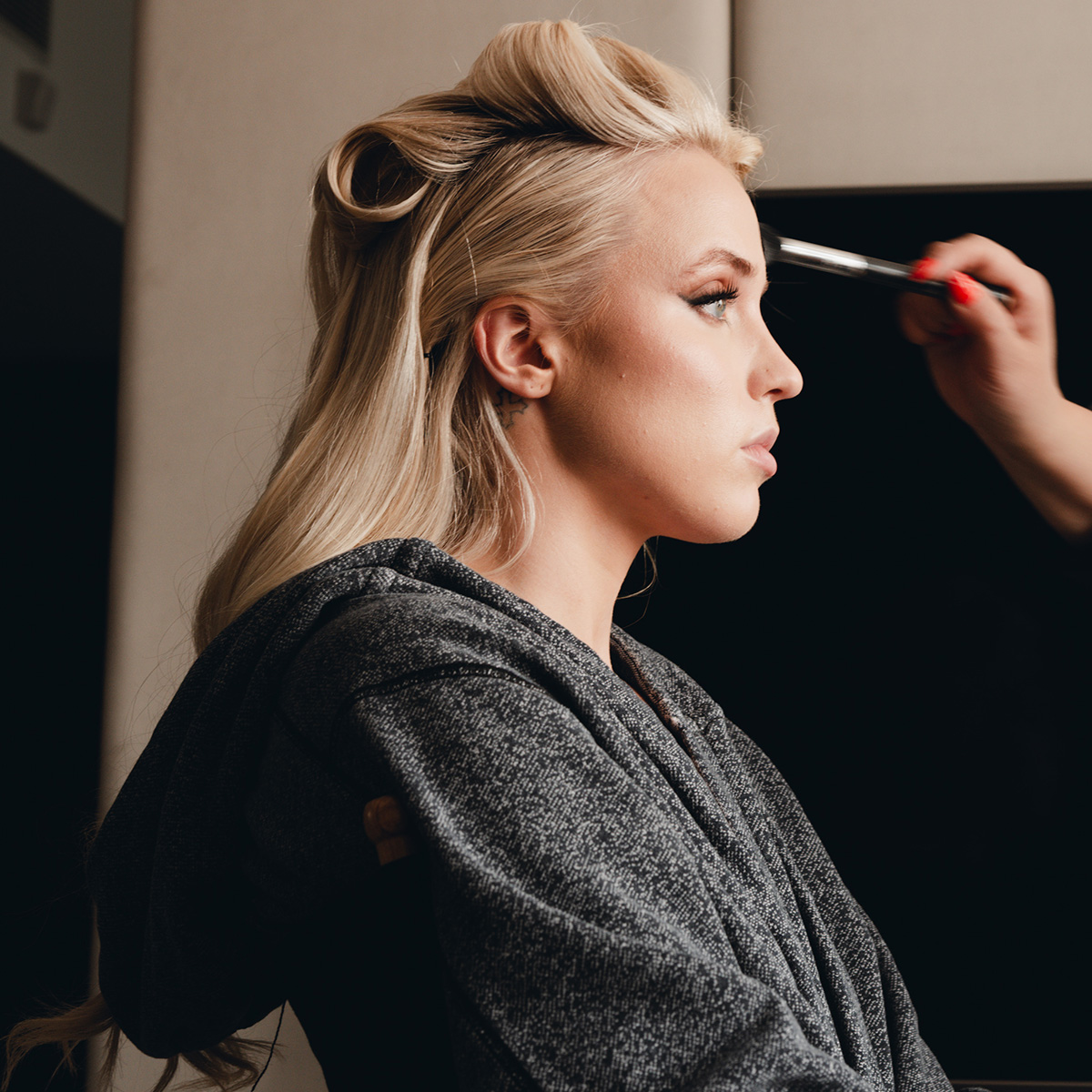 Hailey Van Lith Went Pro in Custom Coach, the Official Handbag Sponsor of the WNBA
Hailey Van Lith Went Pro in Custom Coach, the Official Handbag Sponsor of the WNBADetails inside.
By Eliza Huber
-
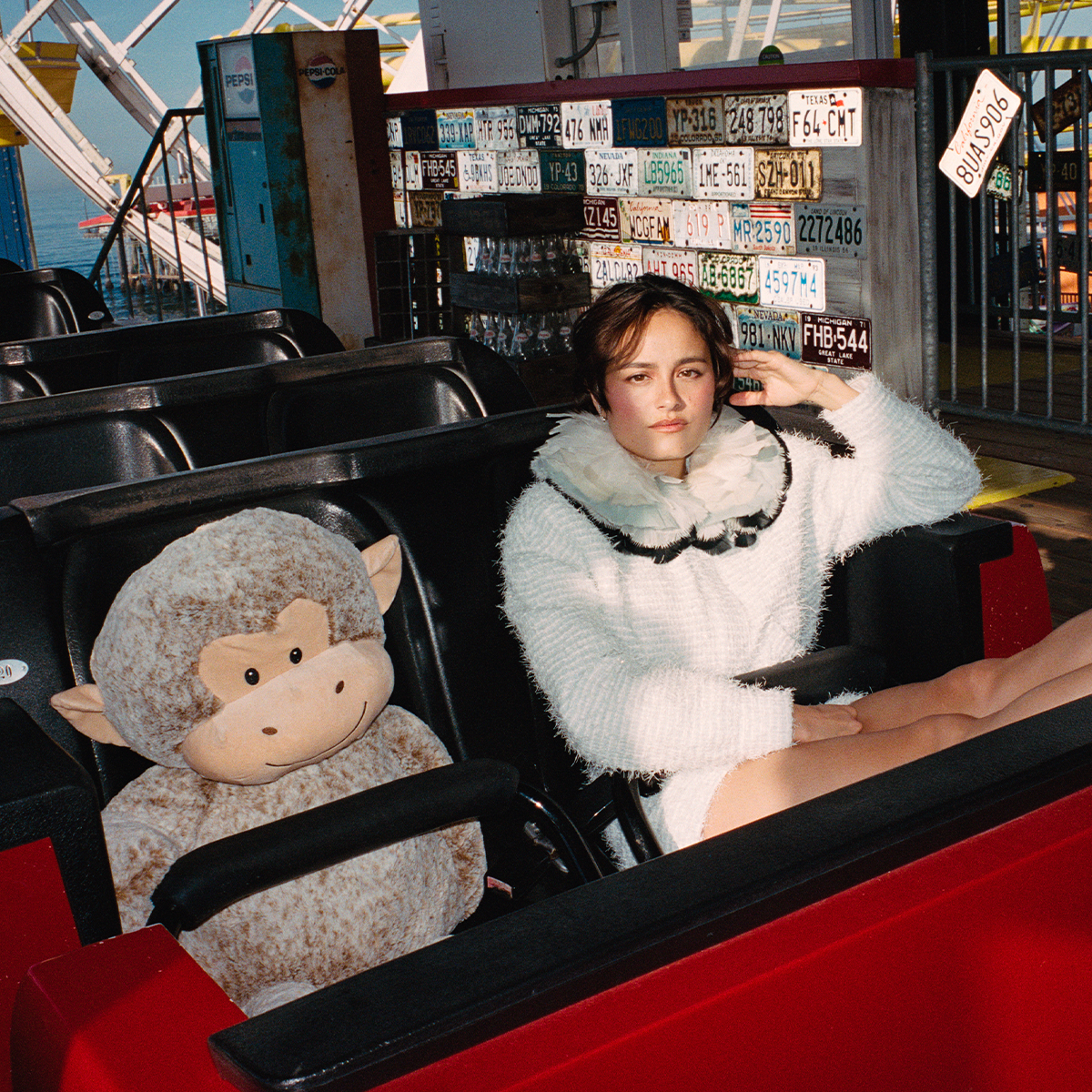 Chase Sui Wonders Demands Your Attention
Chase Sui Wonders Demands Your AttentionThe burgeoning actress came of age with Seth Rogen's movies. Now, she's starring in his latest project—The Studio, the Hollywood meta comedy now streaming on Apple TV+.
By Anna LaPlaca
-
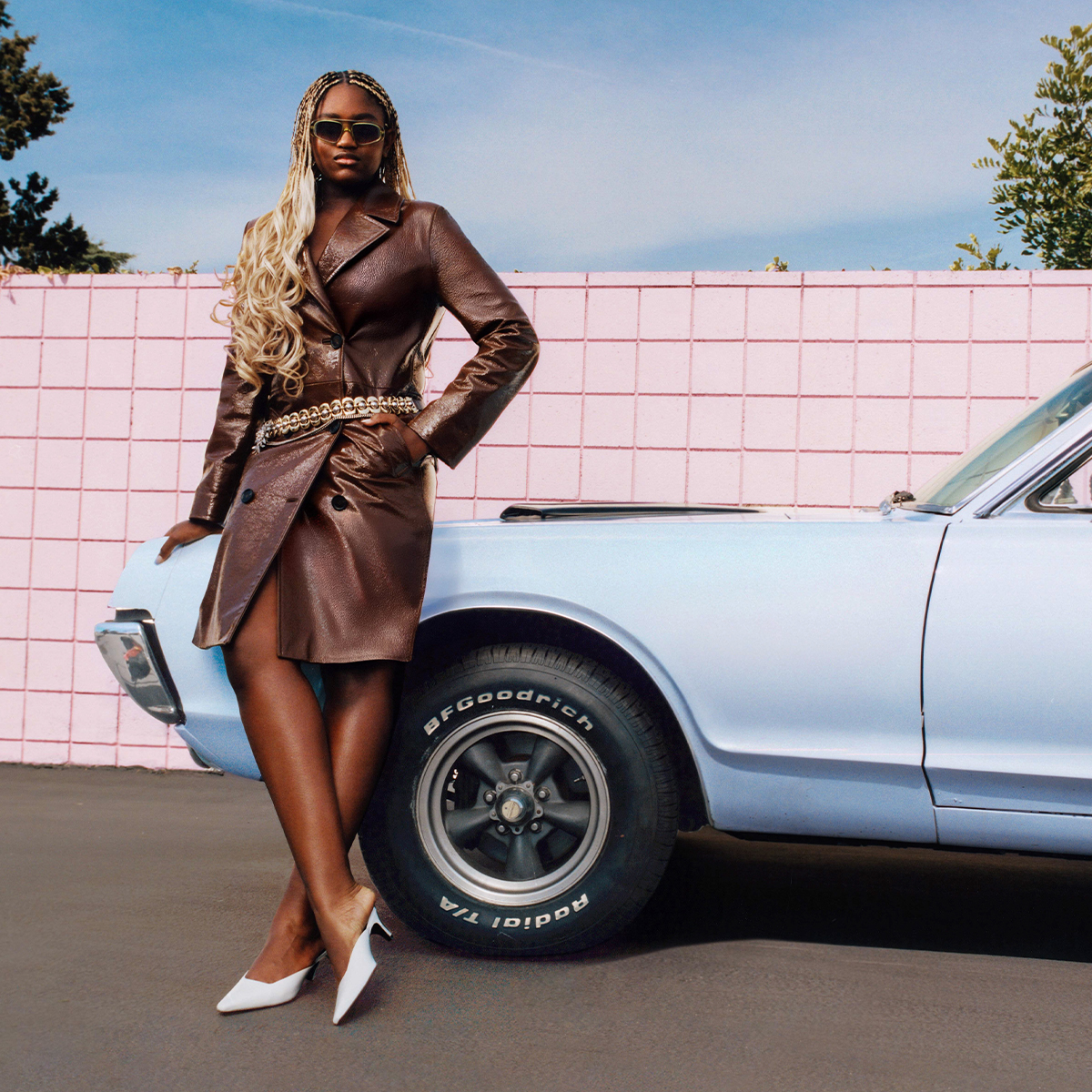 Reimagining Girlhood With Zaya Wade
Reimagining Girlhood With Zaya WadeAt just 17 years old, Zaya Wade is rewriting the narrative on what it means to be a Gen Zer.
By Ana Escalante
-
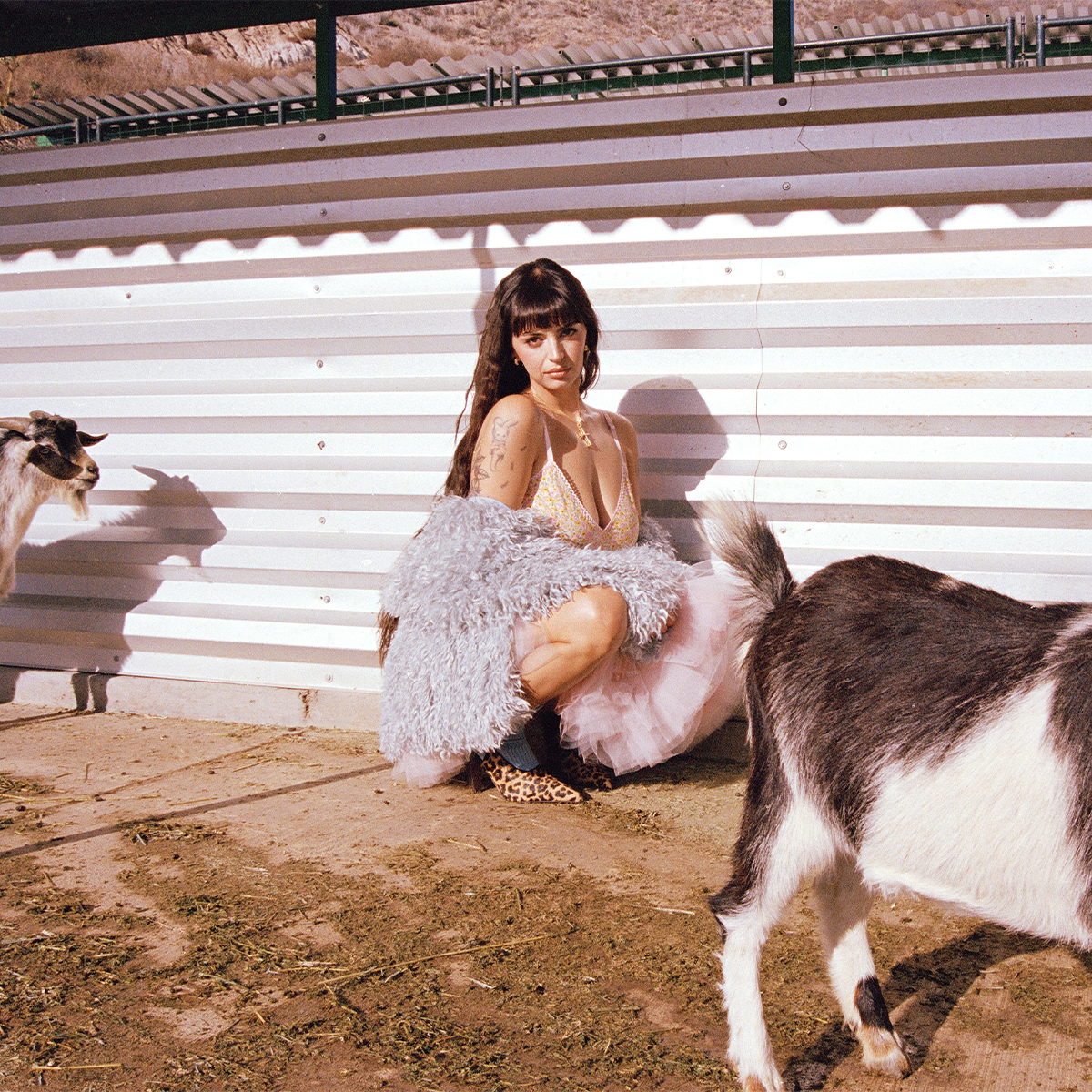 Rebecca Black Is Back and Ready to Show You All of Herself This Time
Rebecca Black Is Back and Ready to Show You All of Herself This TimeThe "Friday" singer has a brand-new pop EP, Salvation.
By Jessica Baker
-
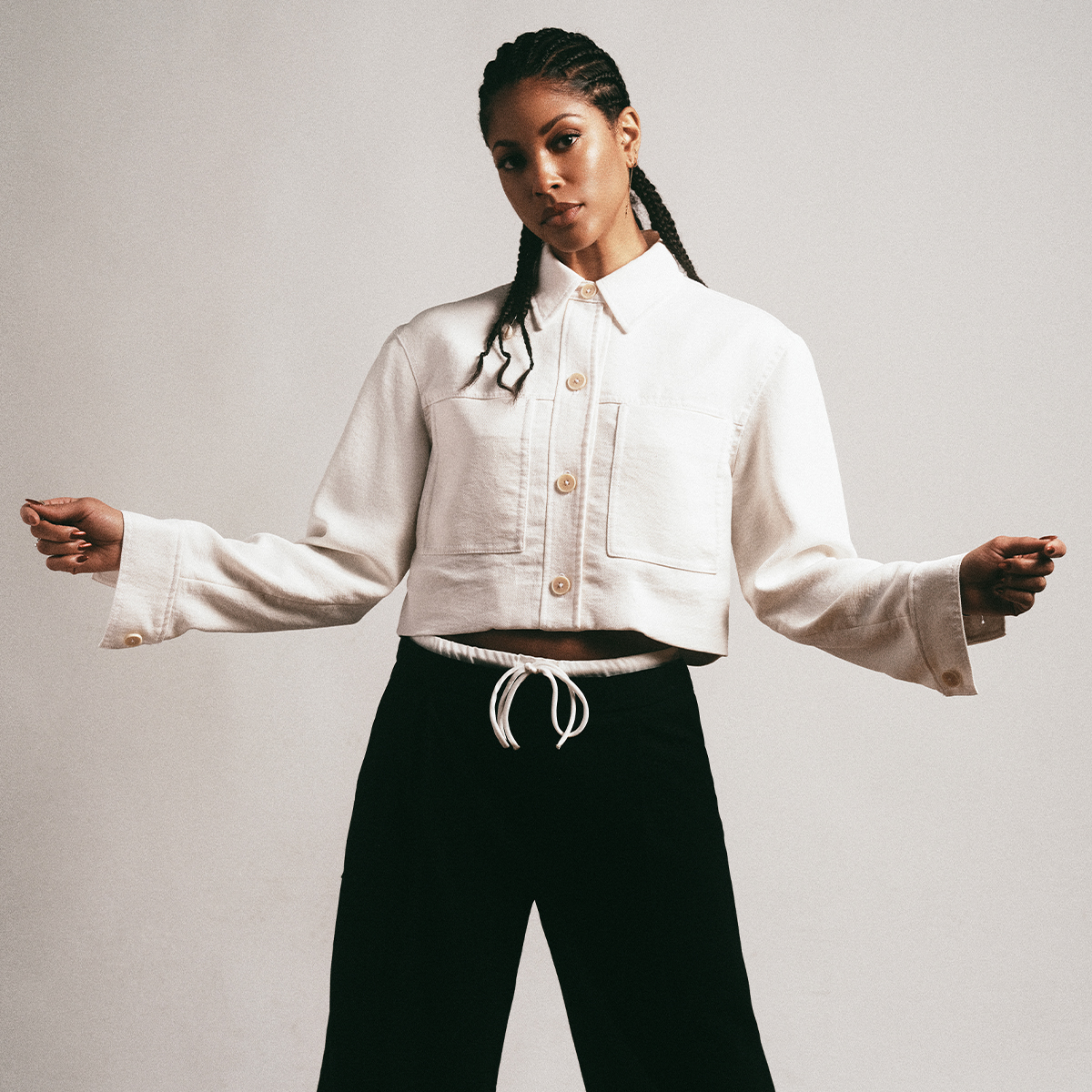 Lex Scott Davis on Joining the Suits Universe and Her Character's Iconic Wardrobe
Lex Scott Davis on Joining the Suits Universe and Her Character's Iconic WardrobeA lesson in power dressing.
By Jessica Baker
-
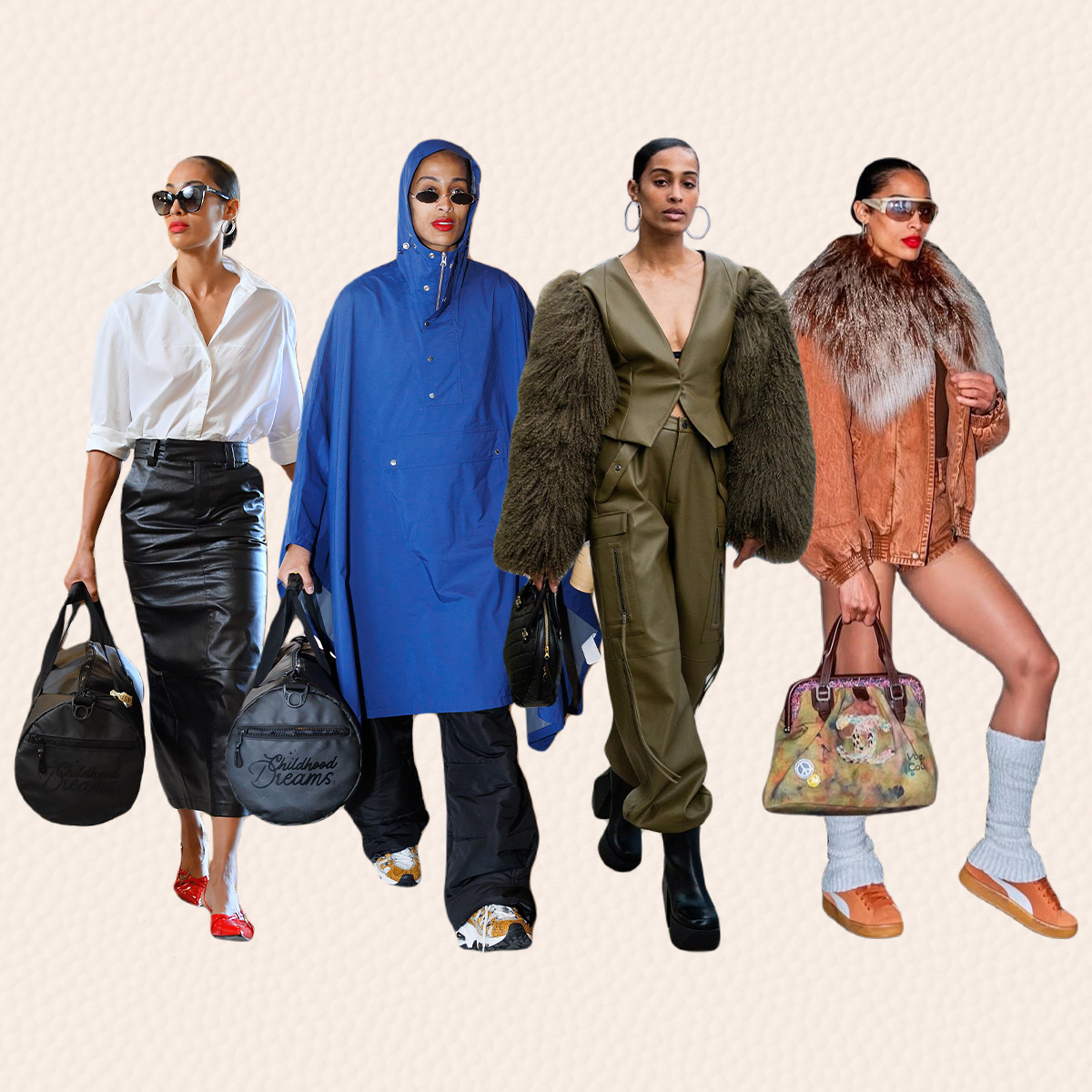 The Power of Styling in Sports
The Power of Styling in SportsIn conversation with Skylar Diggins-Smith and her stylist, Manny Jay.
By Eliza Huber